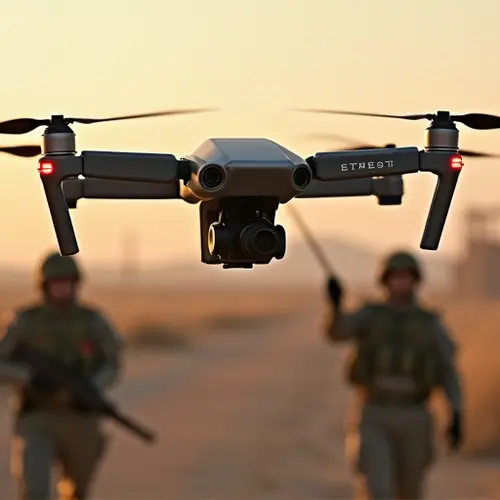The AI Arms Race Between US and China
The global power balance is increasingly being shaped by advancements in artificial intelligence (AI), particularly in military applications. The United States and China are at the forefront of this technological competition, often referred to as the "AI arms race." This race is not just about innovation but also about dominance in AI-driven military capabilities, which could redefine warfare and geopolitical influence.
Military AI: A Game Changer
AI is revolutionizing military operations, from autonomous drones to advanced surveillance systems. The U.S. and China are investing heavily in AI technologies to enhance their defense systems. For instance, China has developed an AI military commander for large-scale war simulations, while the U.S. has tested generative AI for intelligence and target identification in conflicts like Iraq and Syria.
The Geopolitical Stakes
The AI arms race is intensifying geopolitical tensions. Both nations view AI supremacy as critical to national security and global influence. The U.S. has raised concerns about China's rapid advancements, while China aims to reduce its reliance on Western technology. This competition mirrors the Cold War-era nuclear arms race, with AI as the new battleground.
Ethical and Strategic Challenges
The deployment of AI in warfare raises ethical questions, particularly around autonomous weapons. In 2023, 31 nations, including the U.S., signed a declaration to set guardrails for military AI. However, the lack of a global framework leaves room for escalation.
The AI arms race is not just a technological contest but a strategic one, with far-reaching implications for global stability and security.

 Nederlands
Nederlands
 English
English
 Deutsch
Deutsch
 Français
Français
 Español
Español
 Português
Português










